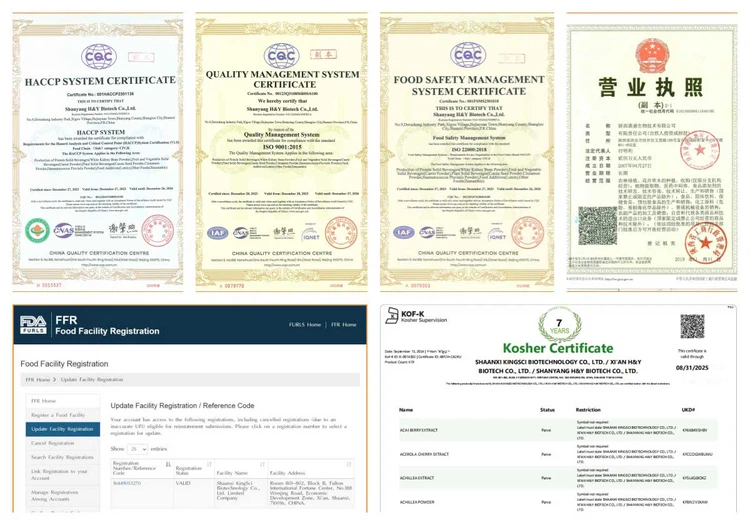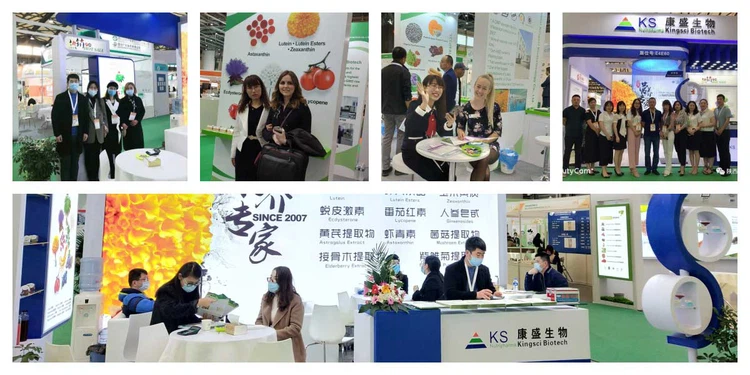What is Lycopene Oil?
The bioavailable Lycopene Oil substance comes from ripe natural tomatoes that contain high concentrations of lycopene. The red pigment found in tomatoes is lycopene, which presents strong antioxidant and carotenoid properties. High-quality carrier oil, such as sunflower oil or olive oil, or MCT oil, allows for better absorption of extracted lycopene into the body because lycopene belongs to the fat-soluble compound category. The processed oil exists mainly for dietary supplementation and acts as an active component in nutritional wellness formulations. The protective antioxidants within it help the body fight oxidative stress, which free radicals create. Consumers who incorporate it into their balanced food consumption and follow healthy life practices may experience improved skin conditions and eye function, together with overall wellness benefits. Firms result from the employment of supercritical CO₂ extraction together with cold-pressing methods, which lead to products having high purity along with preserved potency and stability. The fatty nature allows its presentation as softgels or dropped solutions, or blended into skincare products, because of its bright red coloring.

COA
| Test | Specification | Result |
| Lycopene Content | 10% | 10.20% |
| Appearance | Dark Red Viscous Oil | Dark Red Viscous Oil |
| Odor | Characteristic Tomato-like | Characteristic Tomato-like |
| Acidity (as Oleic Acid) | ≤ 1.0% | 0.80% |
| Specific Gravity (25°C) | 0.92 - 0.95 g/cm³ | 0.94 g/cm³ |
| Refractive Index (25°C) | 1.470 - 1.485 | 1.475 |
| Heavy Metals (as Pb) | ≤ 10 ppm | 4.5 ppm |
| Arsenic (As) | ≤ 1 ppm | 0.3 ppm |
| Lead (Pb) | ≤ 2 ppm | 1.2 ppm |
| Mercury (Hg) | ≤ 0.1 ppm | 0.05 ppm |
| Solvent Residue | ≤ 0.05% | 0.03% |
| Moisture Content | ≤ 0.5% | 0.20% |
| Microbial Limits | Total Plate Count ≤ 1000 cfu/g | 500 cfu/g |
| E. coli | Negative | Negative |
| Salmonella | Negative | Negative |
| Staphylococcus aureus | Negative | Negative |
Are you interested in our products? Just leave a message on this website or contact donna@kingsci.com directly to get free samples and more professional support!
Lycopene Oil VS Lycopene Powder
The two forms of lycopene, known as Lycopene Essential Oil and Lycopene Powder, have different availability profiles along with different usages and production protocols. The lipid-based extraction method of this Oil suspends its content in sunflower or MCT carrier oil, leading to outstanding bioavailability because this extract functions well with fats. Lycopene-based oil products become suitable for capsules as well as liquid supplements and skincare solutions because of their ability to boost the body's absorption rate and enable direct use on the skin. The production of Lycopene Powder involves spray-drying or freeze-drying techniques, while the final product requires the addition of maltodextrin or starch as standardizers. The powder version provides extensive storage stability and preparation options for tablets and capsules, but its absorption rates remain lower than what oil-based forms deliver unless they are consumed with fatty food elements. Producers favor Lycopene Powder when using products that cannot include oil-based substances because it enables simple mixing with other powdered ingredients. The determination between using Oil or Powder depends on whether the intended use involves topical application or requires stability combined with dry health product incorporation at the end of the process.
Process
1. Tomato Selection
The production starts by choosing carefully ripe tomatoes because of their high lycopene content. Good raw materials yield the most potent results from production processes and maximize yield for final products.
2. Extraction of Tomato Oleoresin
Superficial CO₂ extraction and solvent methods produce tomato oleoresin, which serves as a semi-solid mixture with lycopene and accompanying lipids, together with carotenoids.
3. Deodorization
Deodorization treatment removes natural odors and remaining solvents from the oleoresin to improve sensory quality, which allows usage in nutraceuticals and cosmetics.
4. Filtering
The deodorized oleoresin needs to undergo filtering to remove impurities, in addition to plant residues and waxes. The clarity, together with the purity of the lycopene extract, increases through this process.
5. Cleaning and Purification
Another set of refinement processes follows to achieve extract cleanliness according to strict purity requirements. The process requires both phase separation and controlled fine filtration procedures.
6. Drying (Optional Step)
The removal of moisture and solvent traces occurs through the combination of vacuum evaporation at controlled pressure, together with low-temperature drying methods that prevent active compound damage.
7. Blending with Carrier Oil
The refined extract merges with a suitable carrier oil selection from sunflower oil and olive oil, and MCT oil. A carrier oil blend improves both the bioavailability and stability levels present in the product.
8. Quality Testing
The testing process includes examinations to check both the product's lycopene content, along with its purity levels and microbial safety standards, as well as its complete contamination absence. The production system moves onward only with batches that achieve total quality criteria.
9. Packing
The Oil is packed through processing and receives packaging using controlled methods that protect it from light exposure and heat, and oxidation.

Advantages
1. Better Absorption
Fat-soluble Lycopene Oil achieves better absorption by the body, so it becomes more bioavailable than powdered Lycopene.
2. Topical Use Efficiency
It functions perfectly for skincare materials because it penetrates quickly through the skin layers to deliver potent antioxidant effects.
3. Improved Stability
The chemical composition improves its resistance to oxidation, thus extending its shelf life beyond that of powder-based formulations.
4. Precise Dosage
Users can measure it through liquid or softgel forms for accurate dosing, while powder formulations need additional steps for measurement.
5. Better Taste Profile
The Oil exhibits a milder taste than Powder, which enables simpler addition to food and supplements.
Certifications

American warehouse

Exhibitions

Hot Tags: lycopene oil, China Lycopene oil, manufacturers, suppliers, factory, wholesale, price, pricelist, quotation, bulk, in stock, KOSHER, ISO, HACCP







